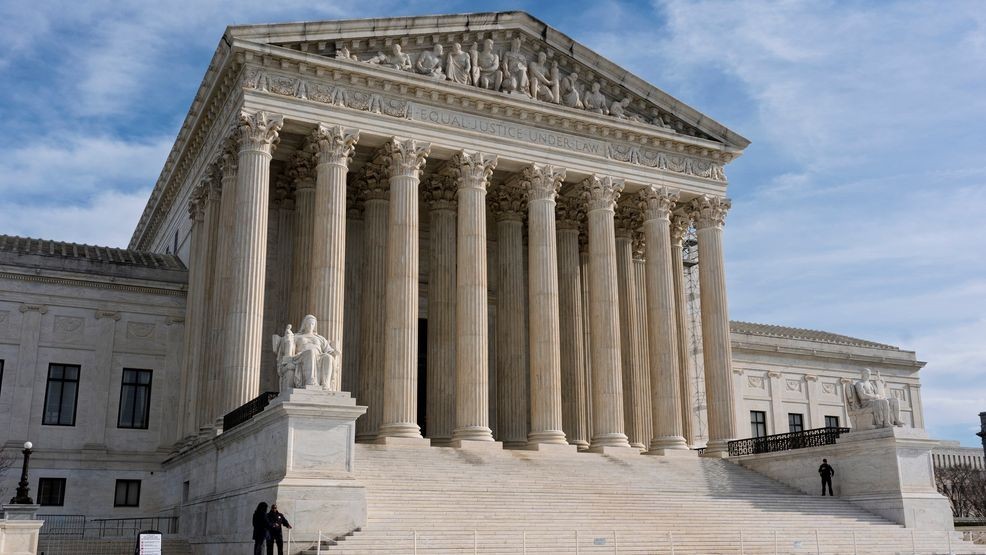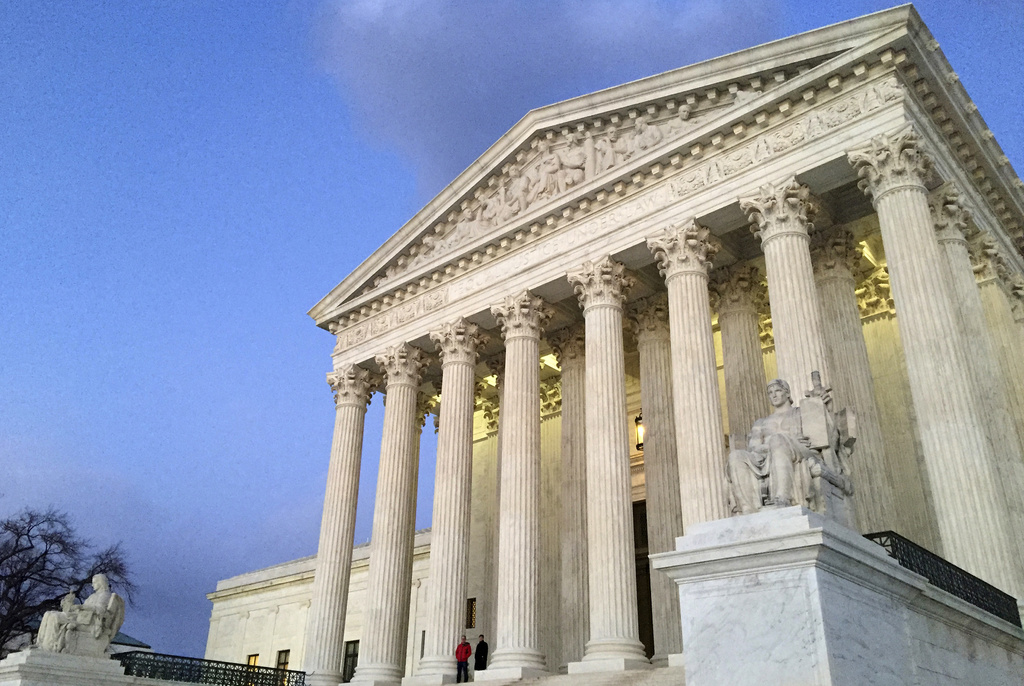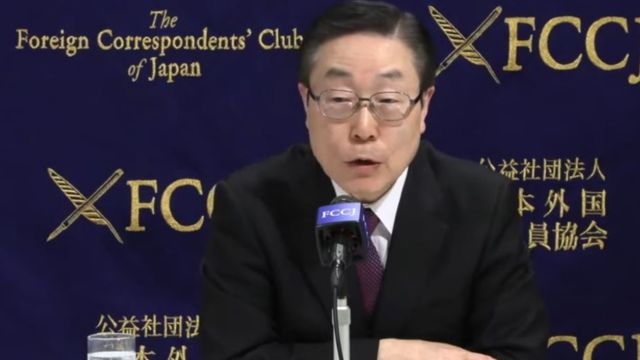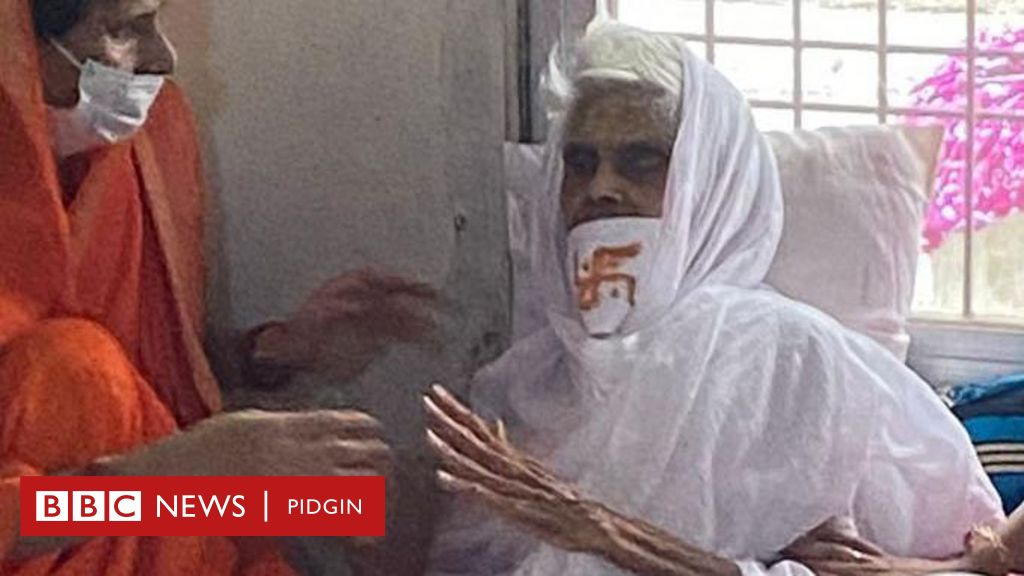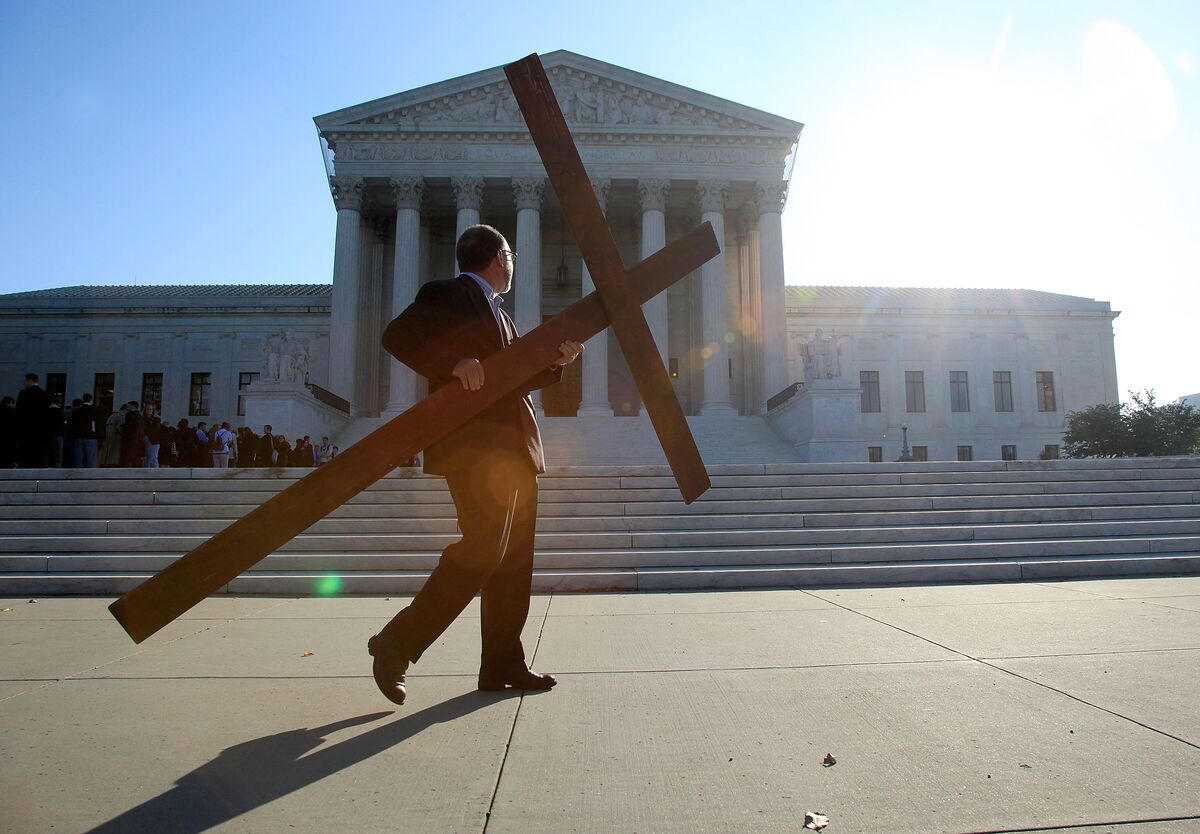Religious Repression Persists: U.S. Panel Hammers Turkmenistan's Faith Crackdown
Religion
2025-04-16 12:01:54Content

In a stark condemnation of religious freedom violations, the U.S. Commission on International Religious Freedom (USCIRF) has renewed Turkmenistan's designation as a "Country of Particular Concern" (CPC), highlighting the nation's continued suppression of religious rights.
The commission's decision underscores the persistent challenges faced by religious communities in Turkmenistan, where strict government controls and systematic persecution have long been a source of international concern. By maintaining the CPC status, USCIRF sends a clear message about the country's ongoing human rights violations and its failure to protect religious freedoms.
Turkmenistan has repeatedly been criticized for its repressive policies towards religious groups, including severe restrictions on religious practice, arbitrary arrests, and discriminatory treatment of minority religious communities. The USCIRF's designation serves as a powerful reminder of the urgent need for meaningful reforms to protect the fundamental right of religious expression.
This renewed classification puts additional diplomatic pressure on Turkmenistan to address its problematic approach to religious liberty and align its practices with international human rights standards. The commission's continued scrutiny reflects the ongoing challenges faced by religious minorities in the country and the international community's commitment to defending religious freedom worldwide.
Religious Freedom Under Siege: Turkmenistan's Ongoing Struggle for Human Rights
In the complex landscape of international religious freedom, certain nations continue to draw critical attention from global human rights organizations. Turkmenistan stands at the forefront of this ongoing dialogue, facing persistent scrutiny for its systematic suppression of religious expression and fundamental human rights.Unveiling the Hidden Truth: A Compelling Examination of Religious Persecution
The Systematic Erosion of Religious Liberty
Turkmenistan's approach to religious freedom represents a deeply troubling pattern of institutional discrimination and systematic oppression. The government's aggressive stance towards religious practices has created an environment of profound fear and marginalization for religious minorities. Extensive research reveals a multifaceted strategy of control that extends far beyond mere administrative restrictions, penetrating deeply into the social and personal lives of citizens. Governmental mechanisms have been meticulously designed to limit and suppress religious diversity. Religious groups face extensive registration requirements that are intentionally complex and nearly impossible to navigate. Community leaders are subjected to intense surveillance, with potential legal consequences that can include significant financial penalties, imprisonment, and social ostracization.International Monitoring and Diplomatic Pressure
The U.S. Commission on International Religious Freedom (USCIRF) has emerged as a critical voice in highlighting Turkmenistan's ongoing human rights violations. By consistently designating the country as a "Country of Particular Concern" (CPC), international bodies are sending a powerful message about the unacceptable nature of religious persecution. Diplomatic channels have become increasingly vocal in challenging Turkmenistan's restrictive policies. Multilateral organizations and human rights groups continue to apply strategic pressure, utilizing economic sanctions, diplomatic negotiations, and public awareness campaigns to challenge the government's oppressive approach to religious freedom.The Human Cost of Religious Suppression
Beyond bureaucratic classifications and diplomatic rhetoric, the real impact of religious persecution is profoundly human. Individual citizens face extraordinary challenges in practicing their faith, with personal stories of resilience emerging as powerful testimonies against systemic oppression. Religious minorities in Turkmenistan navigate a treacherous landscape where personal beliefs can result in significant personal and professional consequences. Families are often torn apart, with individuals facing social exclusion, employment discrimination, and potential legal prosecution simply for maintaining their spiritual convictions.Global Context and Comparative Analysis
Turkmenistan's approach to religious freedom cannot be viewed in isolation. The country represents a broader pattern of authoritarian control that extends across multiple geopolitical regions. Comparative analysis with similar regimes reveals a consistent strategy of using bureaucratic mechanisms to suppress individual religious expression. International human rights frameworks provide critical tools for understanding and challenging these systemic violations. The universal principles of religious freedom, as outlined in international conventions, stand in stark contrast to Turkmenistan's restrictive policies, highlighting the urgent need for meaningful reform.Potential Pathways for Change
Transforming Turkmenistan's approach to religious freedom requires a multifaceted strategy. International diplomatic pressure, economic incentives, and sustained advocacy from human rights organizations represent potential avenues for meaningful change. Grassroots movements and internal social dynamics will play a crucial role in challenging existing power structures. By amplifying individual stories and creating platforms for dialogue, there remains hope for gradual but significant progression towards genuine religious liberty.RELATED NEWS
Religion
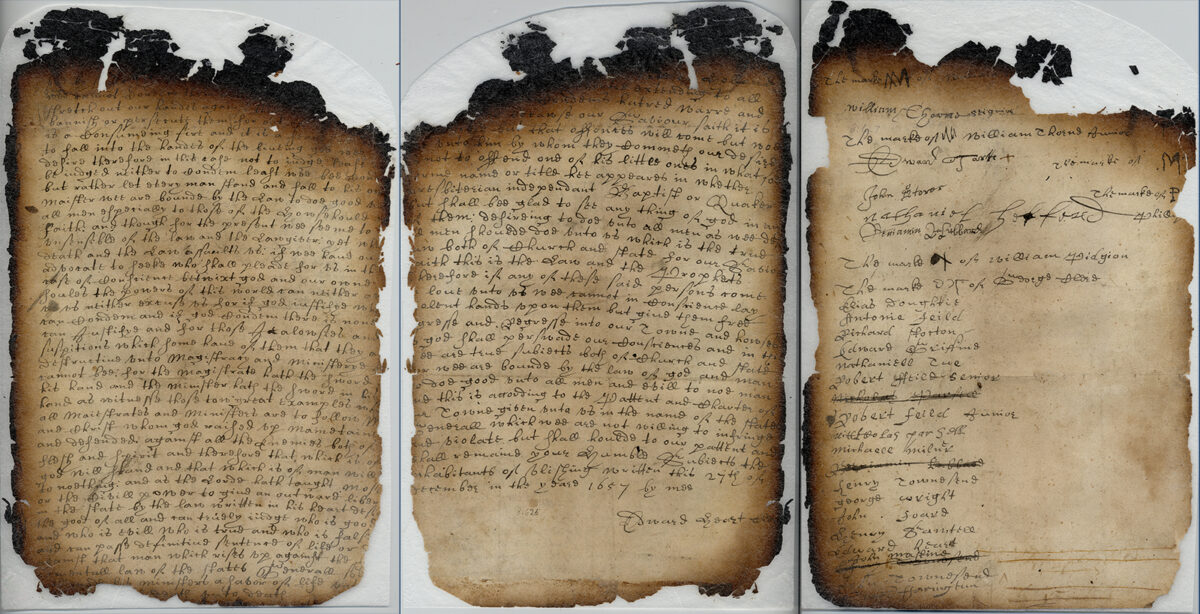
Sacred Scroll Reveals Landmark Religious Liberty Moment in Empire State Exhibit
2025-04-10 16:00:05
Religion

Dawn of Devotion: Jakarta Faithful Gather for Inaugural Ramadan Prayers
2025-02-28 17:19:17
Religion
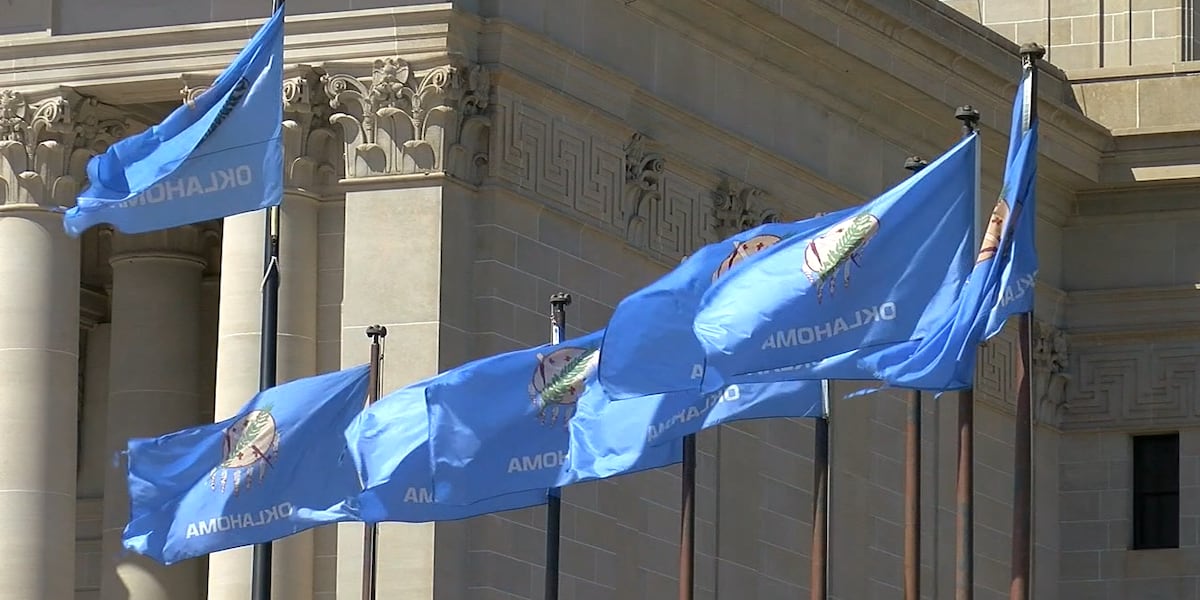
Faith, Politics, and Power: Oklahoma Legislators Ignite Heated Debate on Religious Influence in Governance
2025-04-18 04:35:25
